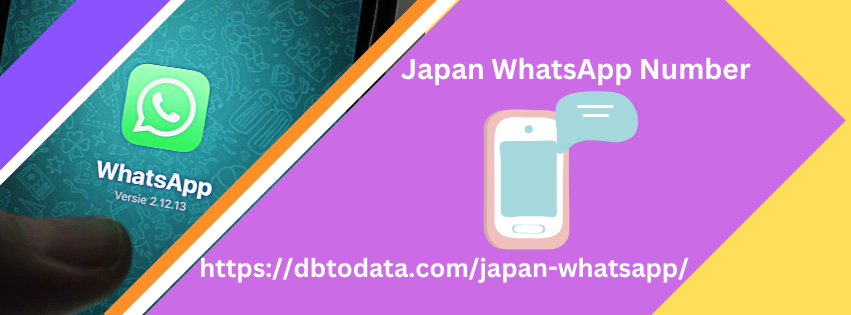Message Origination: The process begins when a user sends a message from their mobile device. This message is transmitted to the nearest cell tower, which relays it to the sender’s mobile service provider’s SMSC (Short Message Service Center).
Message Routing: The SMSC processes the message and determines Japan WhatsApp Number the recipient’s location by querying the Home Location Register (HLR) of the recipient’s network. The HLR is a database that contains details about the subscriber, including their current network location.
Message Delivery: Once the recipient’s location is identified, the message is forwarded to the appropriate cell tower and then to the recipient’s mobile device. The recipient’s device receives the message and notifies the user.
Delivery Acknowledgment: After the message is delivered, an acknowledgment is sent back to the sender’s network to confirm that the message has been successfully received.

Key Benefits of Receiving SMS
Receiving SMS offers several benefits that make it a preferred mode of communication for many users and businesses:
Instant Communication: SMS messages are delivered almost instantly, making it an ideal way to communicate time-sensitive information.
Wide Reach: SMS can be sent to any mobile phone, regardless of the network, making it a universally accessible communication method.
Simplicity: SMS does not require an internet connection, special apps, or smartphones. Even basic mobile phones can receive SMS, ensuring broad accessibility.
Reliability: Unlike some messaging apps that rely on internet connectivity, SMS is transmitted through cellular networks, offering more reliable delivery, especially in areas with poor internet connectivity.
Security: SMS is considered a secure way to send information because it involves direct transmission between devices, minimizing the risk of interception.
Versatility: SMS can be used for various purposes, from personal communication to business notifications, marketing, and customer service.


